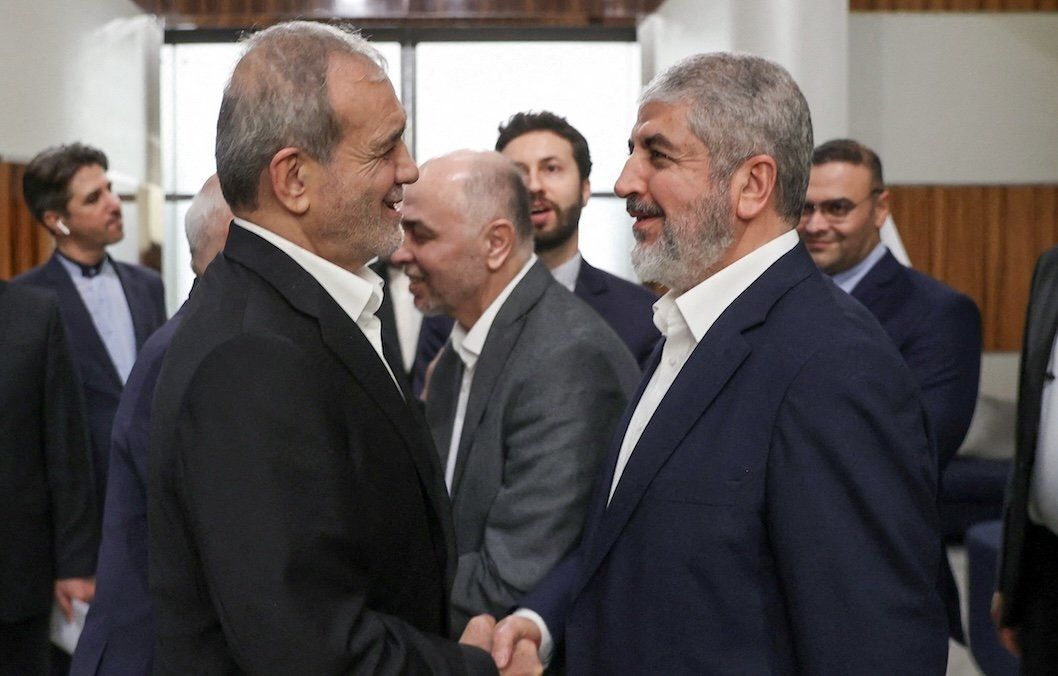The Gulf Arab emirate announced this weekend it would stop mediating efforts to broker a cease-fire and hostage release deal between Hamas and Israel until “the parties show their willingness and seriousness to end the brutal war.”
For months, talks have failed, despite efforts by the US, Qatar, and Egypt. Hamas demands a permanent cease-fire and complete withdrawal of Israeli troops in exchange for the release of the remaining hostages, while Israel, which has sworn to destroy Hamas, insists on only a temporary truce and the right to occupy the enclave indefinitely.
Relatedly, reports suggested the Qataris, under US pressure, have asked Hamas political leaders to leave the kingdom, where they have enjoyed a safe haven for more than a decade.
Qatar, a US ally, has long served as a channel for talks with Hamas and other groups listed as terror organizations by the West.
Whether Qatar’s gambit will revive productive talks remains to be seen, but with Benjamin Netanyahu now comfortably awaiting the return of his close ally Donald Trump to the White House, it may put more pressure on Hamas than on the Israelis.
While the group could relocate elsewhere, there are no viable options that would offer channels to the West as direct as Qatar’s. Meanwhile, Trump, who has promised to “end” the conflict, has reportedly spoken with Netanyahu at least three times since the election alone.
For a broader look at how Trump 2.0 might shake up US foreign policy, including on the Middle East, see our recent report here.